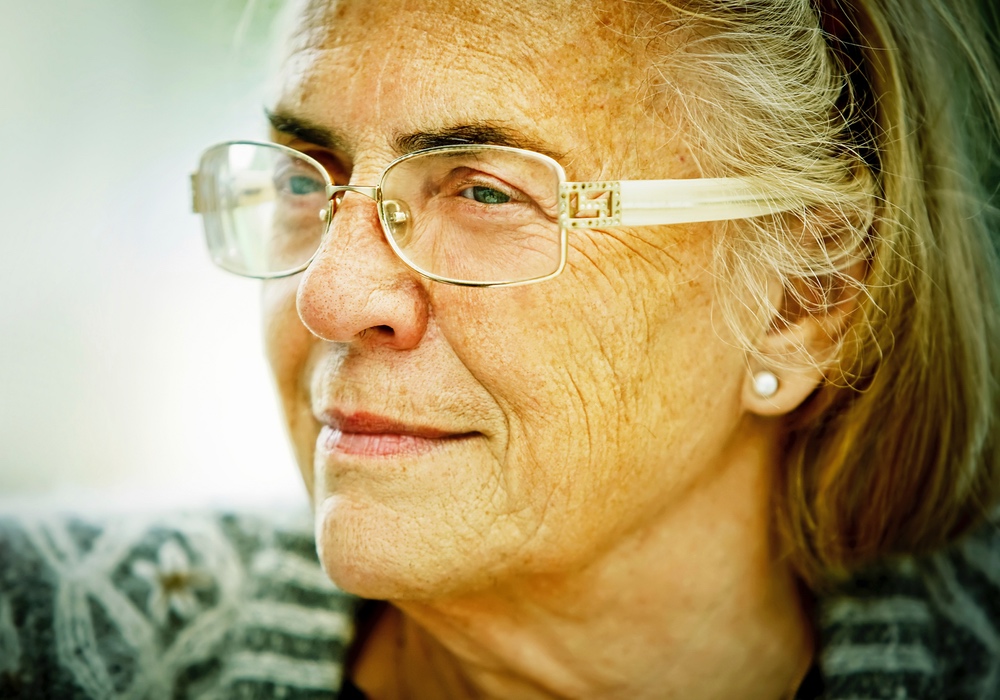Much has been written about the graying of society, particularly its downside. But it is also producing a large pool of volunteers whose talents may be going untapped, according to a recent British study.
People who volunteer benefit health-wise, studies have found, most often from improved mental well-being. Studies have also noted that volunteering improves physical health.
After researchers tracked more than 5,000 British households over 12 years, they reported that the biggest boost to mental well-being from volunteering comes mainly to those who are 40 and older.Those who had never volunteered had lower levels of emotional well-being, starting at midlife and continuing into old age, compared with those who did volunteer.
The researchers used information from the British Household Panel Survey (BHPS), a survey of people from 15 years old to over 80. The BHPS is an annual report that began in 1991. As well as including questions about mental well-being, it also asks questions about volunteering every other year and tabulates the General Health Questionnaire (GHQ) score for each participant.
The researchers pooled data from the even years 1996 through 2008, accumulating over 66,000 observations.
About 21% of the people reported volunteering at some point in a given year, and those who did had a lower (better) GHQ score, averaging 10.7 compared to 11.4 among those who never volunteered. The average GHQ score was best among people who were frequent volunteers and worst among those who never volunteered.
When age was factored in, younger people who volunteered showed no improvement in mental well-being. Improvement began to appear at around the age of 40 and continued up to age 80 and beyond.
The study can't prove that it was volunteering that caused the boost to well-being. Other studies have shown that people who volunteer are likely to have more resources, a larger social network, and more power and prestige, all of which tend to boost mental and physical health. But it could also be that volunteering itself is responsible by providing a sense of purpose, increasing social contacts or just plain making a volunteer feel good.
The only way to find out on a personal level is to actually do some volunteering. There are many people (and animals) in need of a helping hand.
The study appears in BMJ Open and is freely available.





